Climate Change & Toxic Shellfish
Climate change is threatening India’s seafood industry.

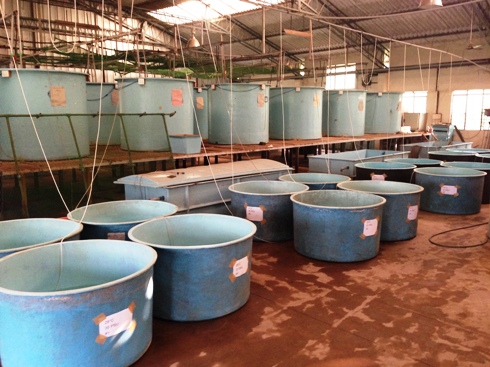
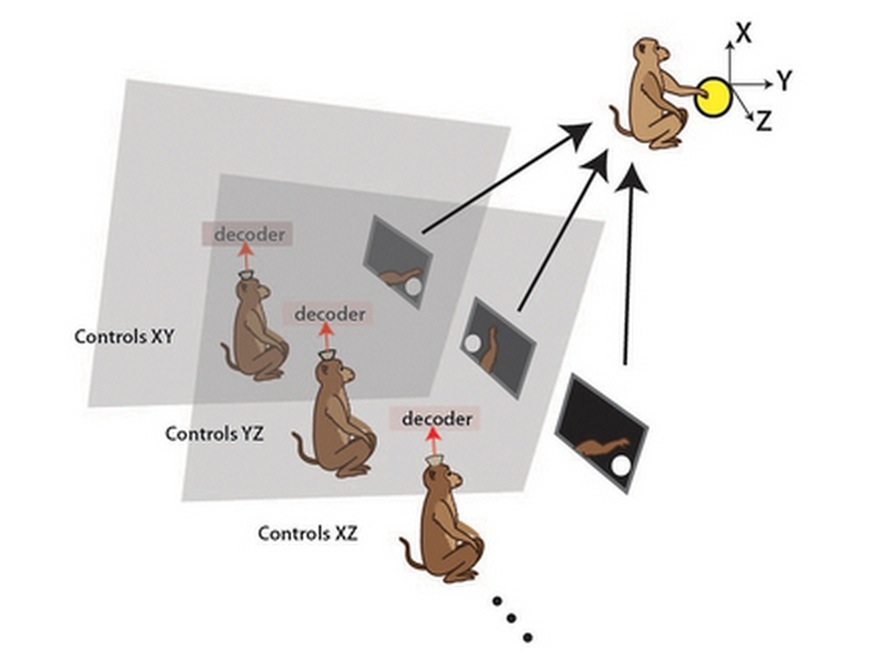
Coordinating brain activity between patients and therapists could be the future of treatment for brain injuries and diseases.

The echo of a pitcher plant helps bats find safety and helps the plant get food.


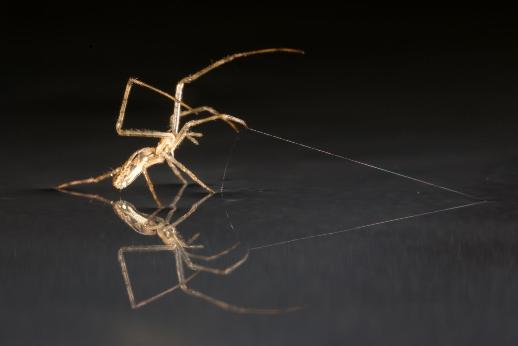
Researchers discover that spiders can navigate bodies of water by holding up their legs as sails.

When it comes to their scent, not all roses are created equal. Now researchers have identified the gene responsible for how fragrant a flower will be.
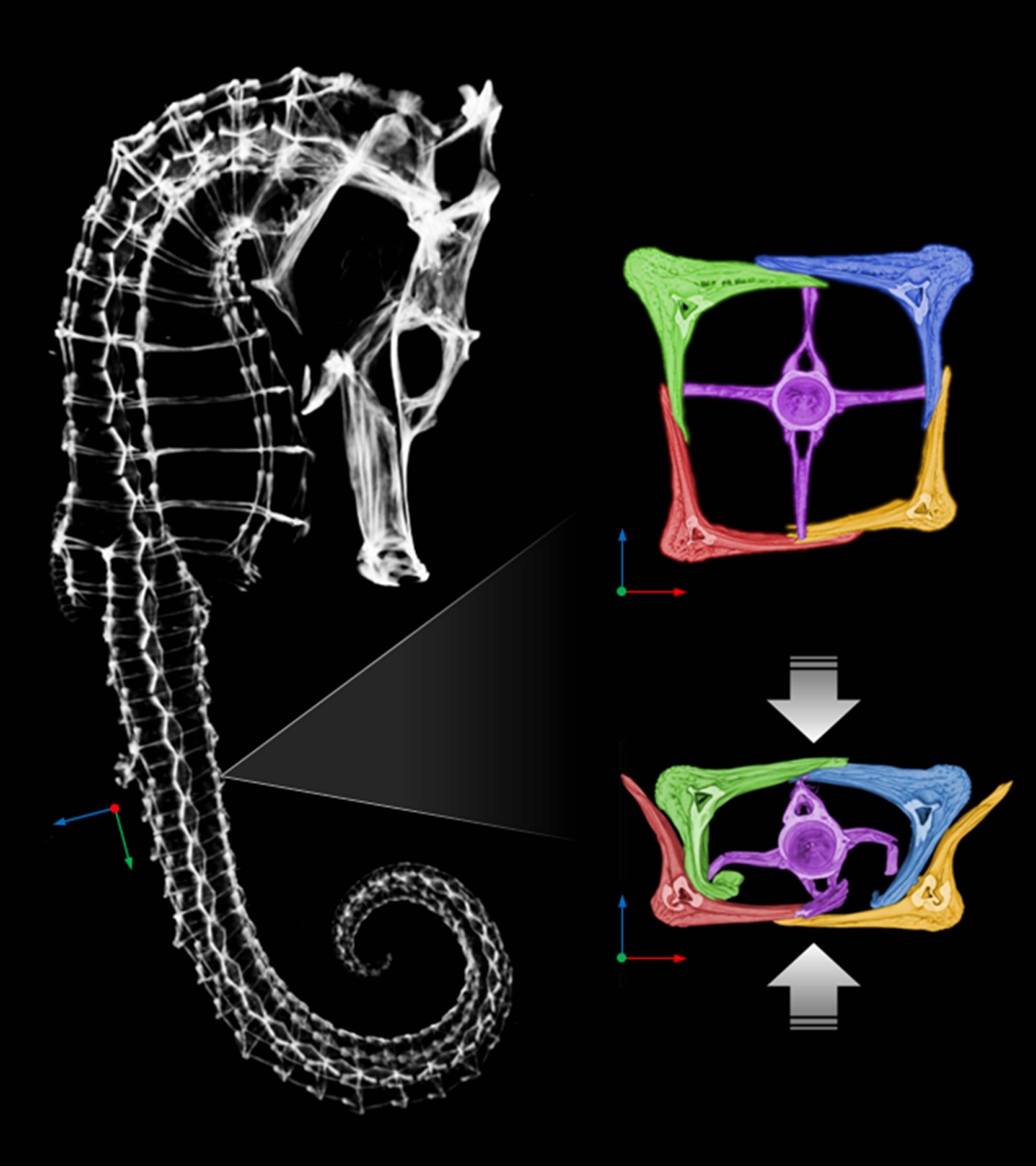

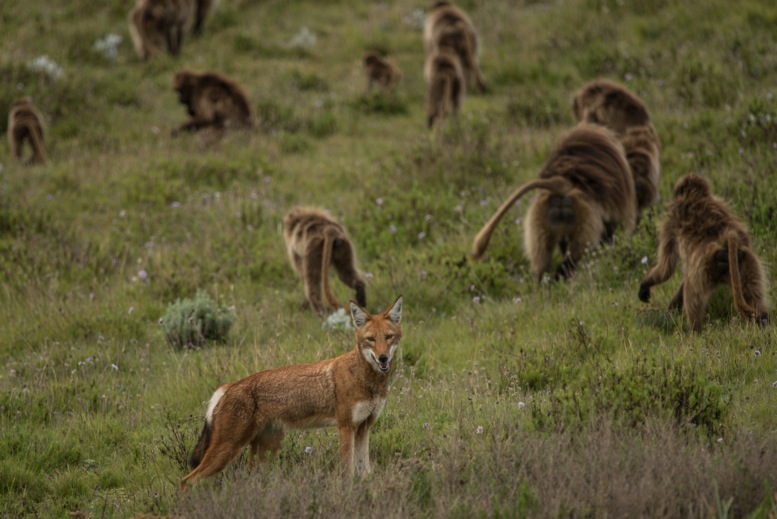

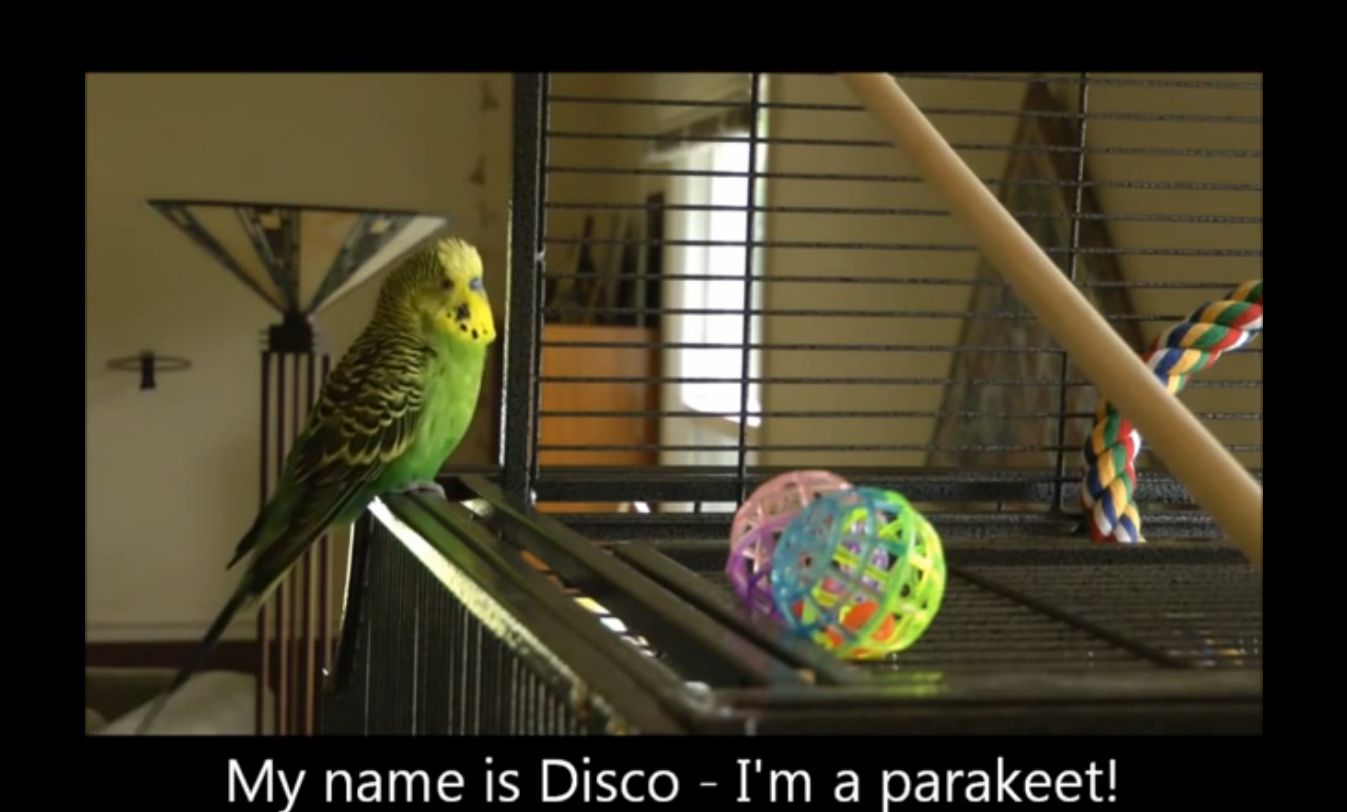
A newly discovered brain structure in parrots hints at new mechanisms in brain evolution.
Hibernation is the key to getting an endangered frog species to breed in captivity.


Splicing internal clock genes from one species of bacteria into another could lead to a novel way of delivering drugs at specific times of day.
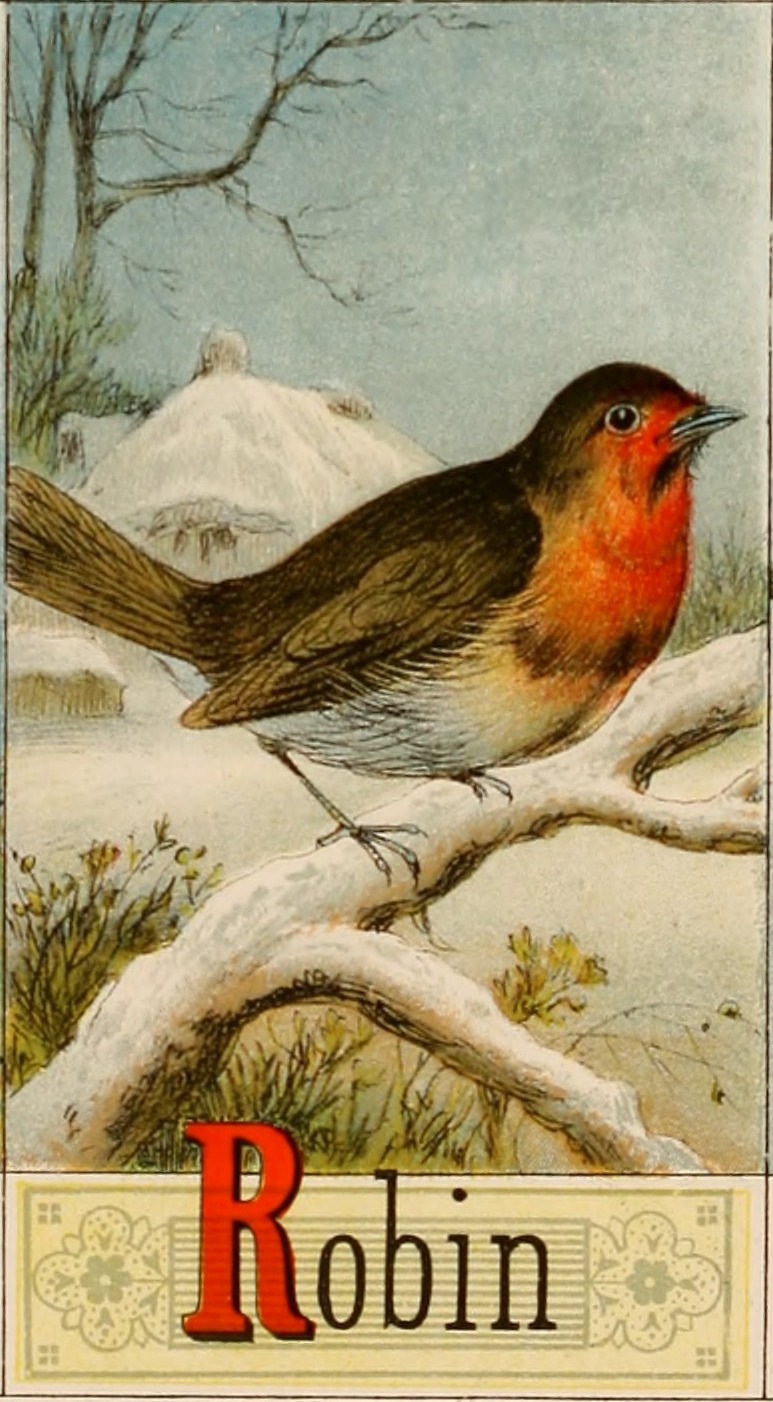
The letter “R” is one of the hardest sounds we learn to pronounce; now scientists think they’ve identified what makes it so tricky.


What’s behind the sudden surge in earthquakes in the middle of the United States?

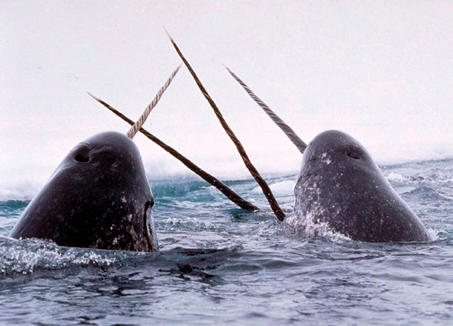
While going about their daily routines, marine animals outfitted with sensors can collect data on ocean conditions in places that would be dangerous …
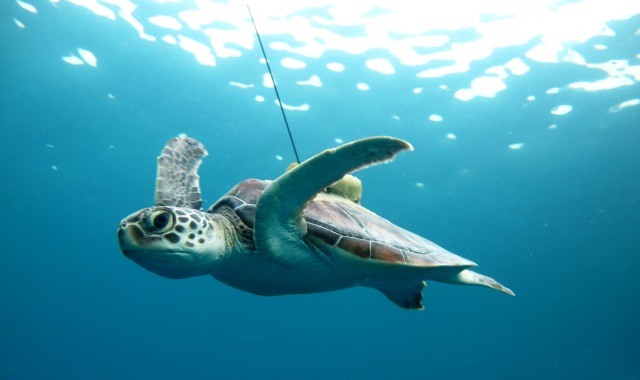
Aquatic animal tracking via satellite telemetry leads to surprising discoveries about long-distance migratory behavior.
For people who can’t sleep, cognitive behavioral therapy could be an effective alternative to drugs.
